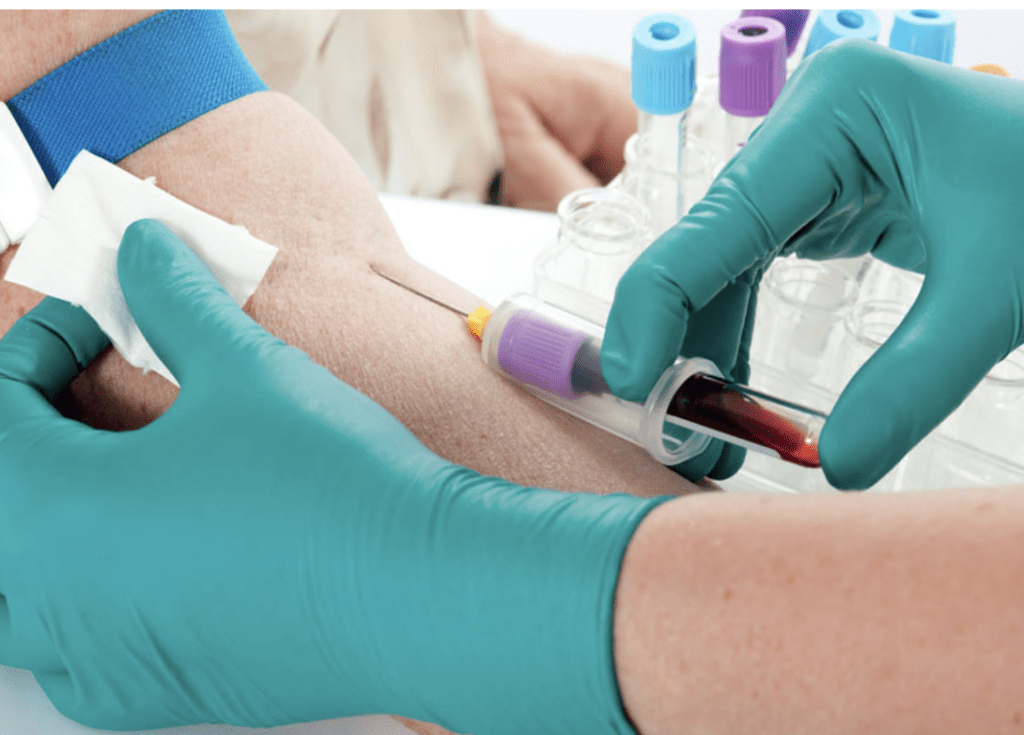Feeling bloated can be incredibly frustrating, especially when it seems to happen regularly. If you’re constantly asking yourself, “Why am I always bloated?” any of the following common conditions could be the cause. Don’t worry, though each of these causes has a solution.
Here’s a revised version of your blog with adjustments for the passive voice, transition words, and word complexity. The goal is to make it more engaging and easier to read while addressing the flagged issues
1. Stress
If bloating is a recent issue (within the last 6 months), stress might be the main reason. When you’re stressed, your body switches to fight-or-flight mode, which slows down digestion. Eating in a rushed or stressed state often leads to bloating and discomfort.
Solution:
Start by keeping a wellness journal. Use it to track your stress levels, meals, and symptoms. If you notice a connection, try calming your body before meals. Deep belly breathing can help activate digestion. Take three to five deep breaths and focus on eating without distractions like phones or computers.
2. Food Sensitivities and Intolerances
Certain foods—like gluten, dairy, and added sugars—are harder for some people to digest. These sensitivities can lead to bloating and other digestive issues. Identifying your triggers is key.
Solution:
An elimination diet can help pinpoint problem foods. Remove potential culprits from your diet, then reintroduce them gradually. A health coach or dietitian can guide you through the process and provide support. If needed, consider food sensitivity testing. Click here to book an appointment with us.
3. SIBO (Small Intestinal Bacterial Overgrowth)
SIBO occurs when bacteria overgrow in the small intestine. These bacteria feed on undigested food, creating excess gas and bloating.
Solution:
A doctor can diagnose SIBO with a breath test that measures hydrogen and methane levels. If diagnosed, treatments may vary. At My Wellness Solutions, we offer herbal antimicrobials, gut-healing supplements, and dietary strategies tailored to your needs.
4. Dysbiosis
Dysbiosis happens when the gut microbiome becomes unbalanced. Poor diet, lack of sleep, antibiotics, or food poisoning can all contribute to this condition. Symptoms often include bloating and digestive discomfort.
Solution:
Start with stress management and an anti-inflammatory diet. Therapeutic foods and gut-healing supplements can help restore balance. If you’re unsure where to begin, a health coach can guide you. Book a complimentary wellness consultation to explore solutions tailored to you.
5. Constipation
Constipation is one of the most common causes of bloating. When stool remains in the colon too long, bacteria ferment it, leading to gas and bloating. Chronic constipation can also signal underlying issues like SIBO or hypothyroidism.
Solution:
To ease constipation, increase movement, drink more water, and add fiber to your diet. If symptoms persist, you may need to address the root cause. A colonic can help remove accumulated waste and relieve bloating. Book a colonic today for immediate relief.







